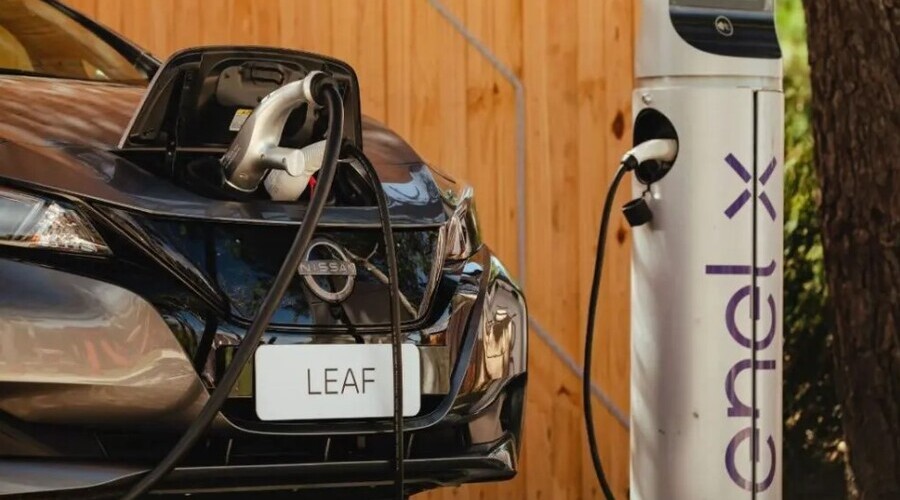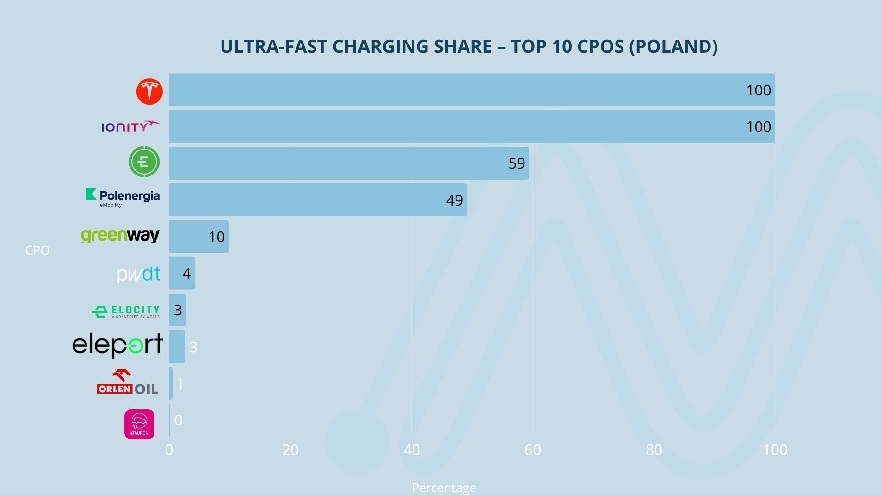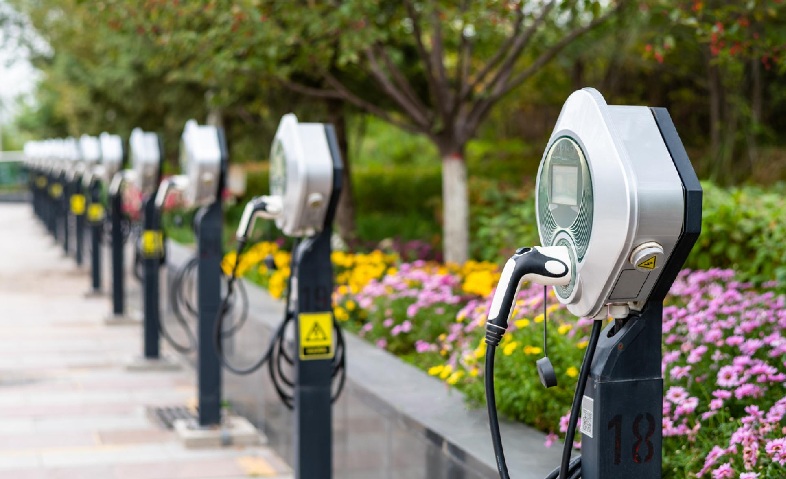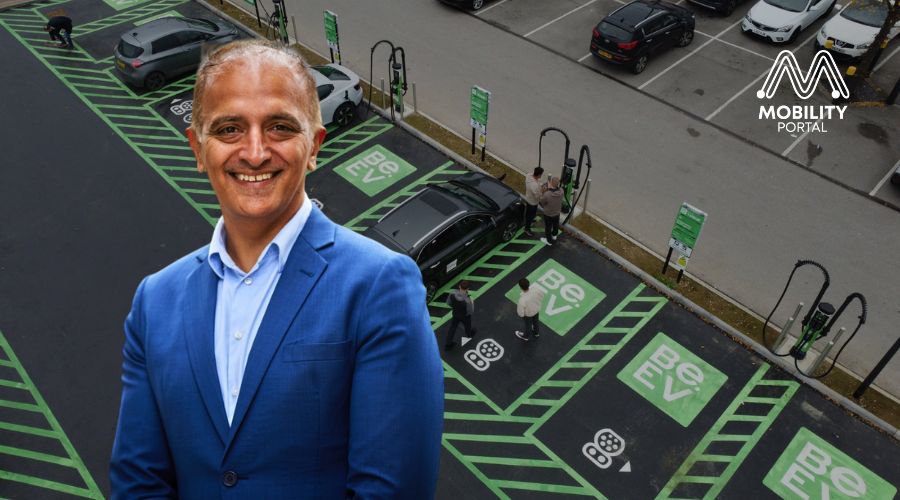Chile has seen a significant shift in the behaviour of its electrified vehicle market. According to the National Automotive Association of Chile (ANAC), six out of every ten electrified vehicles sold in the country are now bought by private individuals.
This marks a growing trend that moves away from the dominance of corporate fleets and public transport in electric vehicle sales.
In an interview with Mobility Portal Latin America, Gustavo Hunter, Head of the Sustainable Mobility Department at ANAC, explains that this phenomenon is driven by several key factors.
“Electrified vehicle sales in Chile are no longer solely a corporate or fleet-related phenomenon. The arrival of more affordable and technologically advanced models has attracted a segment of the public that previously did not view these vehicles as a viable option,” says Hunter.
He also notes that “62% of vehicle sales in the first half of the year were to private individuals, with the remaining 48% going to businesses – a complete reversal from previous years.”
Electrified Vehicle Market Grows in Chile

According to ANAC data, sales of electrified vehicles between January and May 2025 grew by 121% compared to the same period in 2024.
This growth is particularly significant because, for the first time, 10% of total vehicle sales in Chile were either electric or plug-in hybrid models.
Hunter points out that this is a key milestone: “Electric mobility is no longer an isolated phenomenon.”
Breaking down the figures, plug-in electrified vehicles recorded an 88.7% increase compared to the same period last year, with a total of 2,966 units sold.
Leading this group are the Volvo X30, Tesla Model Y, Tesla Model 3, and BYD Dolphin Mini, which were the four most demanded models in the period.
“The growth is mainly driven by the variety of brands and models available – over 40 brands are active in the market – creating a competitive offering that appeals to private consumers,” says Hunter.
Charging Infrastructure: Challenge and Opportunity
Despite this growth in sales, one of the main challenges to electric vehicle adoption remains the charging infrastructure.
According to Hunter, the installation of public charging points declined by 10% year-on-year in the first half of 2025.
However, private charging has gained traction, with a 108% increase in charger installations in private homes.

“We’ve seen that private users, who are the main buyers of these vehicles, are increasingly interested in having chargers installed at home,” the specialist explains.
“This is a key phenomenon for the growth of the electrified vehicle market in Chile.”
In terms of public charging, 187 charging points have been installed. While these align with current market needs, they are not enough to meet all demands, particularly outside major urban areas.
Hunter also highlights that public policy is prioritising areas with high concentrations of electric vehicles for the deployment of new chargers.
Nonetheless, it remains essential to advance regulations that incentivise the installation of both public and private charging infrastructure, especially in new buildings, which should include pre-configured installations for chargers.
The Future of Electromobility in Chile
Regarding the future of the sector, Hunter remains optimistic but acknowledges significant challenges.
“Although we expect sales to continue growing and more models from different brands to enter the market, at this pace, it will be difficult to meet the target of 100% electrified vehicle sales by 2033,” he states.
However, Hunter adds that Chile, under the presidency of Gabriel Boric, has made progress in electrifying public transport, with several regions now operating 100% electric bus fleets.
But in terms of incentives for private vehicles, significant changes have yet to be implemented.
“The commercial vehicle sector has received a strong boost, but the private vehicle segment still requires more targeted benefits and measures to accelerate adoption,” Hunter adds.
Despite these challenges, the outlook for electric mobility in Chile remains positive, with an increasingly competitive market, more affordable models, and advancements in charging infrastructure poised to allow more people to join the energy transition.
DISCOVER MOBILITY PORTAL DATA
Discover Mobility Portal Data, a new exclusive market intelligence platform offering reliable data and key reports to support smart decision-making across the automotive sector — covering both combustion and electric vehicles, as well as charging infrastructure.
Research, trend analysis, and neatly organised statistics presented with clarity and precision, alongside up-to-date insights — all just one click away.
With Mobility Portal Data, good decisions are on the horizon.
READ MORE
-
MPD: Only 40% of the leading CPOs prioritise ultra-rapid charging in Poland
Only 4 out of the 10 CPOs with the highest installed gigawatt capacity in Poland have a significant portion of their infrastructure made up of ultra-rapid chargers. What percentage are betting on fast charging, and how many still rely on slow charging?
-
£5.4m allocated to expand charging infrastructure in Cambridgeshire and Peterborough
The approval of the money and how it should be spent paves the way for a minimum of 930 new charge points across Cambridgeshire and Peterborough, and could grow further if extra private investment comes in as part of the expansion
-
Be.EV CEO reveals “selective” growth strategy towards 1,400 charge points
The company prioritises service quality over simply counting units. It also avoids the overbuilding of charging stations. So, what are the upcoming locations — and why does Be.EV steer clear of public tenders?









